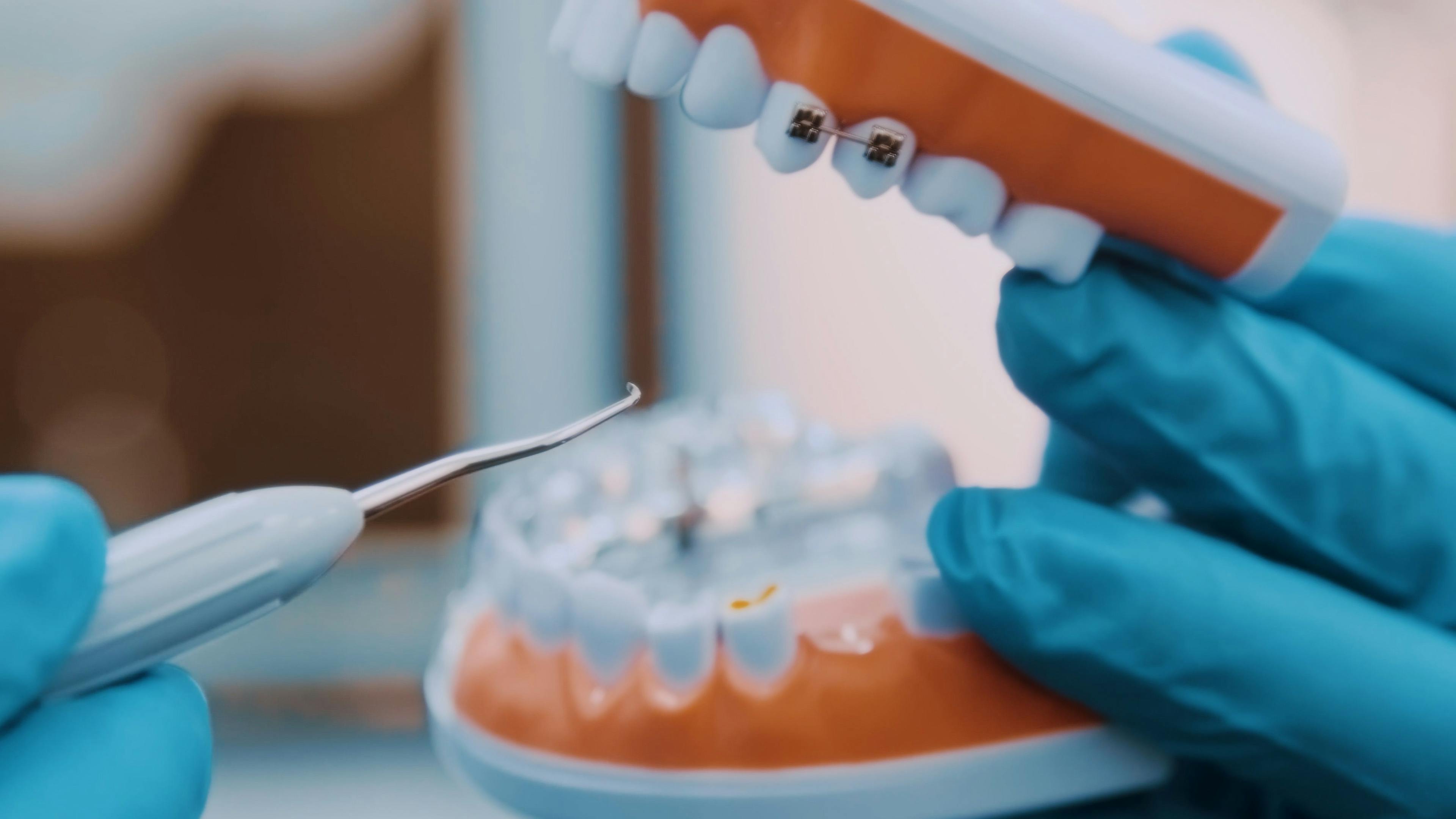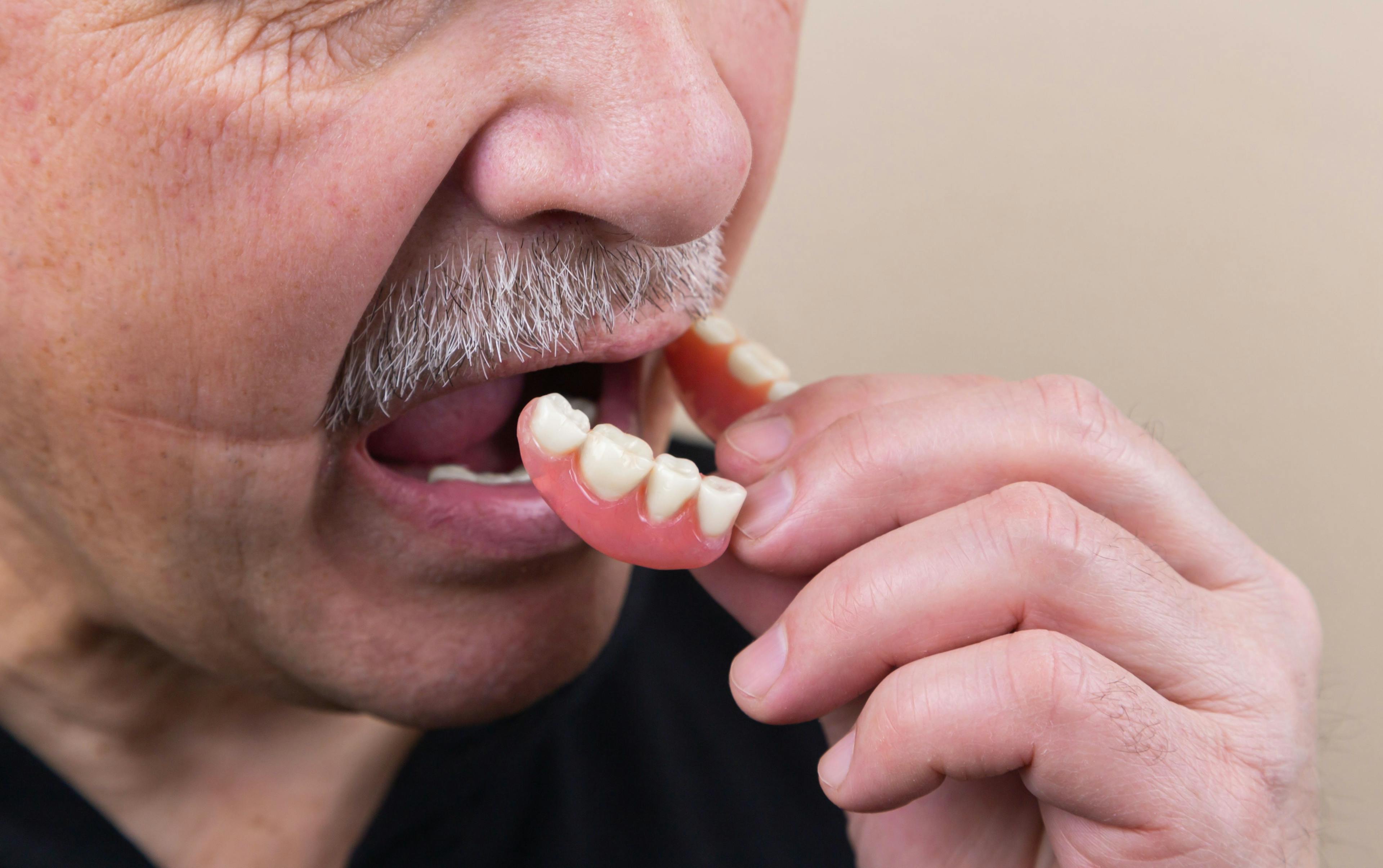Braces vs Invisalign: Exploring the differences and choosing the right option

Outline
When it comes to orthodontic treatment, the options often come to mind: traditional braces and Invisalign. Both methods aim to straighten & align your teeth and give you a beautiful smile, but they differ in several aspects. In this article, we'll compare braces and Invisalign, highlighting their differences to help you make an informed decision.
Oral Hygiene
Maintaining good oral hygiene is essential all the time but during orthodontic treatment, it is most essential. However, braces make oral hygiene routines more challenging. The brackets and wires trap food particles, making thorough brushing and flossing mandatory. Special tools like floss threaders and interdental brushes are required for effective cleaning around the braces.
In contrast, Invisalign aligners are removable, allowing you to brush and floss your teeth as you normally would. You can clean the aligners separately using water and by gently brushing them with a toothbrush. This convenience contributes to better overall oral hygiene during treatment.
Food Restrictions
With braces, certain food restrictions are necessary to avoid damaging the brackets or wires. Sticky or hard foods like chewing gum, popcorn, and candies can dislodge or break the braces, prolonging your treatment time.
Invisalign aligners offer more dietary freedom since they are removed while eating. You can simply take them out before meals, allowing you to enjoy all your favorite foods without restrictions. However, it's important to remember to wear the aligners for the recommended 20-22 hours per day for optimal results.
Treatment Process
Braces and Invisalign follow different treatment processes. With braces, your orthodontist will glue brackets to your teeth, pass wires through these brackets, and periodically adjust the wires to gradually move your teeth into the desired position. These adjustments tightening the wires cause temporary discomfort or soreness.
Invisalign, on the other hand, involves a series of clear pair of aligner trays that you change within every one to two weeks. Each tray is designed to move your teeth gradually, progressing through the treatment plan. As you switch to a new tray, you may experience some mild pressure as your teeth adjust which typically subsides after one or two days however, it's generally more comfortable compared to braces' tightening process.
Appearance
One of the most apparent differences between braces and Invisalign is their appearance. Braces consist of metal brackets and wires attached to the teeth, making them quite noticeable. However, modern braces also offer options like ceramic or clear brackets, which are less noticeable than traditional metal ones.
On the other hand, Invisalign aligners are virtually invisible. These clear, removable aligners fit snugly over your teeth and are custom-made for a comfortable fit. Invisalign is an excellent choice if you desire a more discreet orthodontic treatment.
Conclusion
Choosing between braces and Invisalign ultimately depends on your specific needs and preferences. Braces are a time-tested method that works well for various orthodontic concerns, while Invisalign is a new advanced and digital alternative. Invisalign also offers a discreet and convenient alternative. Consider factors such as appearance, treatment process, oral hygiene, and dietary restrictions when making your decision.
Consulting with an experienced Invisalign provider will provide valuable guidance tailored to your individual case. They will assess your oral health, discuss treatment options, and help you determine the best solution for achieving your best smile.

